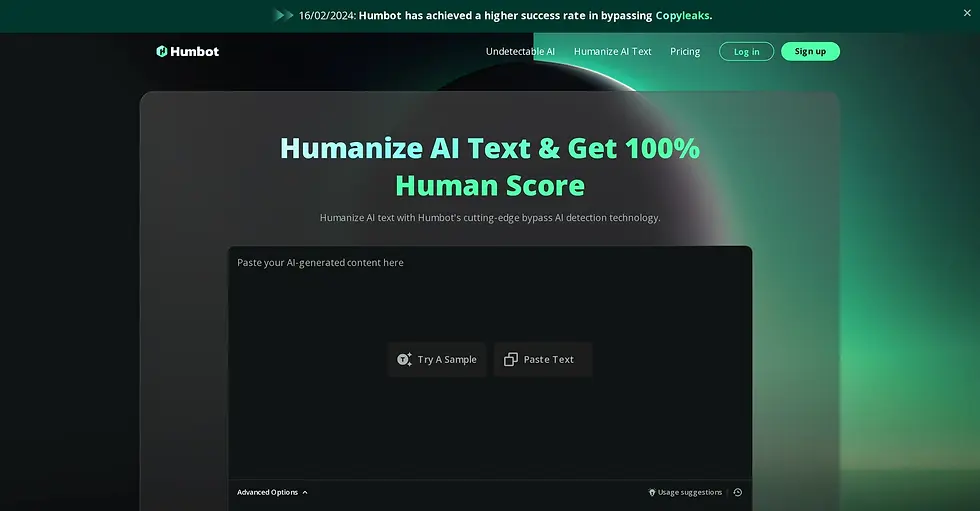Why DeepSeek Won’t Shake OpenAI Thanks to Jevons Paradox
Every time a new AI model emerges, the question arises: Will this be the one to dethrone OpenAI? Enter DeepSeek, a highly capable open-source LLM making waves. But despite its efficiency, DeepSeek won't necessarily shrink OpenAI's dominance. Why? Because of a 19th-century economic concept called Jevons Paradox.
What is Jevons Paradox?
Jevons Paradox, first described in 1865 by economist William Stanley Jevons, states that as technological advances make a resource more efficient, overall demand for that resource tends to increase rather than decrease. It sounds counterintuitive, but history backs it up.
The AI Efficiency Boom
In the AI space, efficiency means better models delivering higher-quality outputs at lower costs. DeepSeek and other open-source models aim to democratize AI by making high-performance LLMs more accessible, reducing reliance on proprietary models like GPT-4.
At first glance, you’d think this reduces OpenAI’s leverage, but Jevons Paradox suggests the opposite. As AI becomes easier and cheaper to use, more industries and individuals will integrate it into their workflows, driving up overall demand.
Examples of Jevons Paradox in Action
- Coal in the Industrial Revolution: More efficient steam engines led to greater coal consumption, not less.
- Computing Power: As processors became more efficient and affordable, we didn’t use fewer computers—we used more.
- Internet Bandwidth: Faster internet speeds led to heavier data usage (hello, streaming and cloud computing!).
How This Applies to OpenAI
DeepSeek and similar models will undoubtedly make AI more accessible. But instead of diminishing OpenAI’s market, they’ll expand the overall AI ecosystem, accelerating adoption.
More developers experimenting with open-source models means more businesses realizing the power of AI. These same businesses, when they move from experimentation to large-scale deployment, often seek out premium, well-supported models—like GPT-4 and future OpenAI advancements.
The Real Winners
The ones who truly stand to gain are developers and enterprises. Increased competition means better models, more choices, and lower costs. Open-source innovation fuels proprietary advancements, and vice versa.
Rather than toppling OpenAI, models like DeepSeek could make advanced AI indispensable across industries. In doing so, they indirectly drive more customers toward premium AI services.
Final Thoughts
While DeepSeek is impressive, Jevons Paradox suggests its impact will grow the AI pie rather than shrink OpenAI’s slice. The AI industry is still in its early days, and as efficiency increases, so does demand. More AI for everyone? That’s a future I’m excited about.
Get to know the latest AI news
Join 2300+ other AI enthusiasts, developers and founders.
- CommentsShare Your ThoughtsBe the first to write a comment.

%20(1).webp)
.webp)






.webp)




